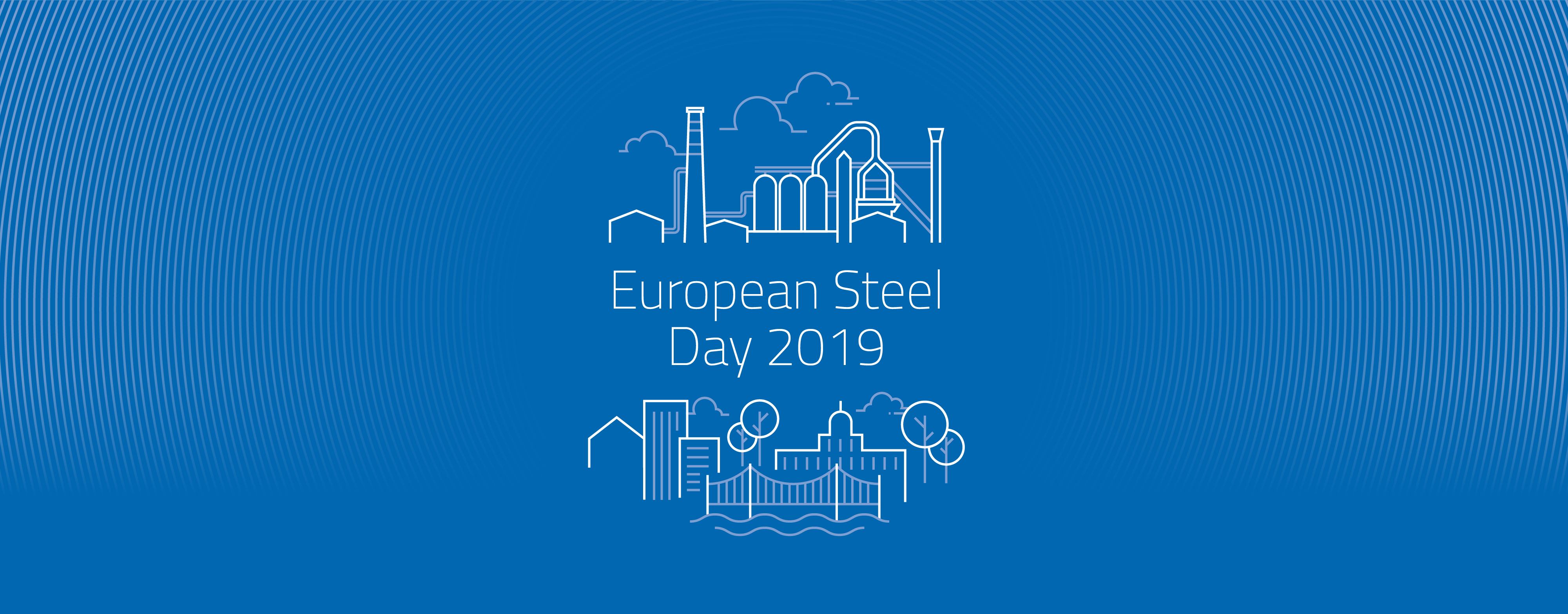THE PANELS

The debates
Stakeholder’s roundtable
The state of EU industry: transition in an era of geopolitical and economic challenges
European industry is among the most innovative in the world. However, EU manufacturing – in particular the European steel industry – is beset by challenges both external and internal.
The international trade climate has grown markedly colder in the past year. Increasing global protectionism and trade distortions are abounding in ways that do not only affect steel but other sectors and the employees operating within them.
Climate change is an equally hot issue, with renewed political urgency. As the EU sets its long-term strategy, there are increasing calls for climate change policy to pick up the pace – with industry implicitly bound up with this priority.
This roundtable brings together stakeholders from across EU steel, business, trade unions, policy and research to answer the questions: “What is the state of EU industry?”, “What does the future hold for EU manufacturing and its employees?”, and “What does industry need to overcome the global challenges it faces in trade, the environment, innovation and international competitiveness?”.
President’s speech
Transitioning to the future of the EU the steel industry
Steel is essential to the modern economy. It is in everything we do. Showing leadership in steel’s production, use, reuse and recycling is vital to placing Europe’s steel industry at the forefront.
In this speech, EUROFER’s President, Geert Van Poelvoorde, will be taking a look at the situation of the European steel industry today. He will also explore the sector’s ambitions for the coming five years, addressing innovation, trade policy, sustainability and skills – all vital for the EU’s future prosperity in a changing European Union.
Policy roundtable
EU industry does not operate in a vacuum. Steel, in particular, is a globally traded product subject to intense competition. This means that the impact of distortions on world markets, alongside domestic rules and policies, can have an big impact on the fortunes of the sector.
EU industrial strategy needs to take account of this link between EU rules and policies and their impact on manufacturing’s global competitiveness. Europe’s ambition is to support a ‘modern, clean and fair’ economy with industry as the engine of ‘innovation, productivity growth and deep transformation driven by digital and other new technologies’. However, succeeding in this aim is easier to say than to do.
European industry – particularly the steel industry – embrace technological change and are advancing on decarbonisation and the energy transition. But these feats cannot be done in isolation: trade policy plays a role in ensuring that EU industry has the space to innovate despite operating in global markets where ‘cheap and dirty’ products can outbid cleaner and more innovative products that may be more expensive as a result. Industrial policy must work alongside trade policy to level the playing field.
Panellists in this roundtable will address questions such as, “How can a modernised EU industrial policy achieve its aims to make the EU economy more modern and support deep transformations?”, “How can trade policy be upgraded and deployed to promote free, fair and rules-based trade?”, and “What are the linkages between trade policy, the environment and energy and innovation policies of the EU?”.